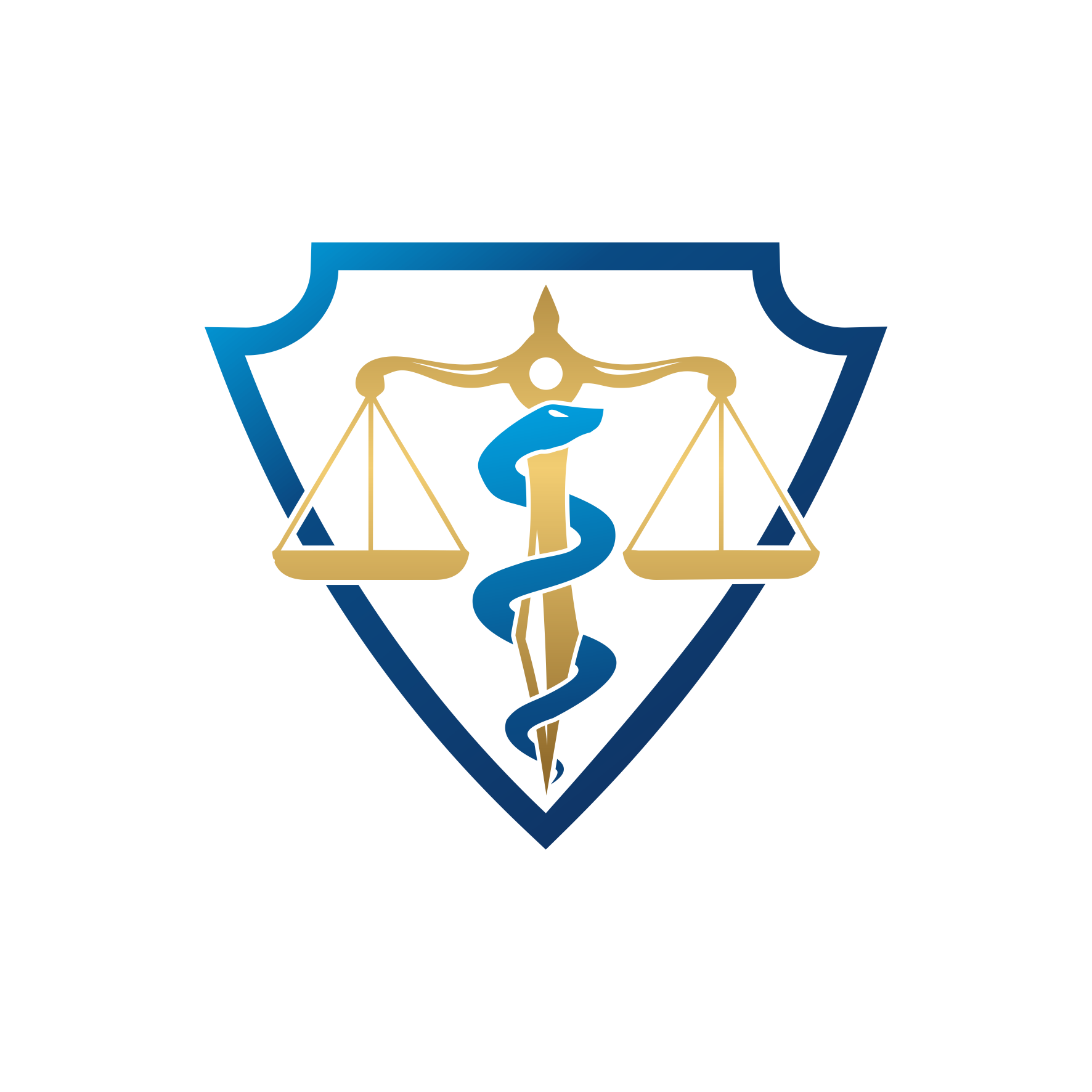Medical malpractice is a serious concern that can have far-reaching consequences for patients and medical professionals alike. In Florida, as in many other states, there are laws that govern the timeframe within which an individual can file a medical malpractice claim. This legal timeframe is known as the statute of limitations. Understanding the statute of limitations is crucial for patients who believe they have been victims of medical negligence, as it dictates when they can seek legal recourse. This article explores the statute of limitations for medical malpractice in Florida, providing a comprehensive overview of its significance and implications.
Definition of the Statute of Limitations
The statute of limitations refers to the specific period during which a plaintiff can file a medical malpractice lawsuit. In Florida, this timeframe is determined by law and aims to strike a balance between the rights of patients to seek compensation for damages caused by medical negligence and the need for certainty and finality in legal matters.
Statute of Limitations for Medical Malpractice in Florida
In Florida, the statute of limitations for medical malpractice cases is generally set at two years from the date when the patient discovered, or should have reasonably discovered, the injury caused by medical negligence. However, there is also a broader statute of repose, which states that medical malpractice claims cannot be filed more than four years after the alleged malpractice occurred, regardless of when the injury was discovered.
This means that patients who have experienced harm due to medical negligence have up to four years from the date of the incident to file a lawsuit, regardless of whether they were aware of the injury at the time. However, there are certain exceptions and nuances to these timeframes, which may warrant the assistance of a qualified attorney to ensure compliance with the law.
Exceptions to the Statute of Limitations
Florida law recognizes a few exceptions to the standard statute of limitations for medical malpractice cases. These exceptions may extend the filing deadline under specific circumstances:
Fraud or Misrepresentation: If the medical professional conceals or misrepresents the malpractice, the statute of limitations may be tolled until the patient discovers the deception.
Foreign Objects: In cases where a foreign object, such as a surgical tool, is left inside the patient’s body, the statute of limitations may be extended beyond the general timeframes.
Minors: If the injured party is a minor at the time of the malpractice, the statute of limitations may be tolled until they reach the age of 18.
Incapacity: If the plaintiff is mentally or physically incapacitated, the statute of limitations may be delayed until they regain capacity.
Significance and Implications
Understanding the statute of limitations for medical malpractice in Florida is essential for both patients and medical practitioners. For patients, it emphasizes the importance of timely action when seeking legal recourse for medical negligence. Failing to file a claim within the designated timeframe can result in the loss of their right to compensation, regardless of the severity of the negligence.
On the other hand, the statute of limitations also provides medical professionals with some level of certainty and protection from potential lawsuits long after the incident occurred. This encourages timely resolution of claims and helps maintain the integrity of medical practices.
The statute of limitations for medical malpractice in Florida plays a critical role in regulating the timeframe within which patients can seek legal redress for injuries caused by medical negligence. As a two-year discovery period with a four-year statute of repose, patients must act promptly if they suspect they have been victims of malpractice. Exceptions to these timeframes exist, but it is essential to seek legal counsel to navigate these complexities properly. For medical professionals, understanding the statute of limitations serves as a reminder to maintain the highest standards of care and mitigate the risk of potential lawsuits. Overall, the statute of limitations serves as a balance between the rights of patients and the need for legal certainty in medical malpractice cases in Florida.






 By:
By: 
 By:
By: 
 By:
By: 
 By:
By: 
 By:
By: 
 By:
By: